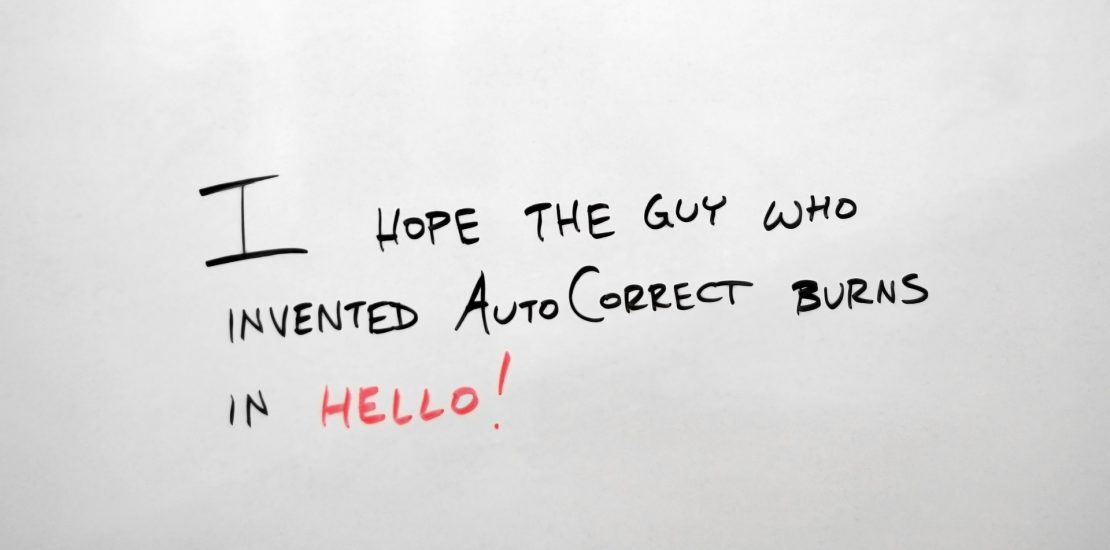Blog
-
Doubt
- January 24, 2022
- Posted by: Philip Struble
- Category: Uncategorized
No Comments
Generally, this means to give someone the benefit of the doubt is to believe them even though you may feel skeptical about what they are saying. The Free Dictionary says: “to believe something good about someone, rather than something bad, when you have the possibility of doing either.” The benefit of the doubt is proactive trust.
-
Business Stewardship
- January 17, 2022
- Posted by: Philip Struble
- Category: Uncategorized

Stewardship means accepting your responsibilities. Historically, a steward is a person who receives responsibility and authority from an owner to look after their property in the owner’s best interest. In short, a steward is a manager. Unfortunately, stewardship is not a business term; it is not discussed in business textbooks or corporate boardrooms. As a result, few businesses even today are willing to take on the role of stewardship. Stewardship in business, however, is essential.
-
Overconfidence
- January 10, 2022
- Posted by: Philip Struble
- Category: Uncategorized

Overconfidence bias is a personal tendency to hold a false and misleading assessment of our skills, intellect, or talent. In short, it’s an egotistical belief that we’re better than we actually are.
-
Communications Mistakes
- January 3, 2022
- Posted by: Philip Struble
- Category: Uncategorized

Communicating well builds the essential ingredient of any successful team—trust. So, take the time to establish clear expectations around how you and your team are communicating. Then, discuss where it’s working best and when your communications break down. Then work to fix it.
-
Disagree Like a Pro
- December 27, 2021
- Posted by: Philip Struble
- Category: Uncategorized

We need to learn a better approach to disagree. Using conversational receptiveness in our language, parties who disagree can more effectively communicate their willingness to engage with each other’s views. This method involves using language that signals a person is genuinely interested in another’s perspective.
-
Merry Christmas 2021
- December 20, 2021
- Posted by: Philip Struble
- Category: Uncategorized

So, like the believers 2,000 years ago, we need to look past the negatives and see the bright lights that God has put in our place.
-
Compassionate Leadership
- December 13, 2021
- Posted by: Philip Struble
- Category: Uncategorized

Compassion may seem a bit dramatic for the workplace. After all, it is an emotion typically associated with a response to others’ suffering. Yet compassion does indeed play an important role in the workplace, especially for leaders. We all have a lot on our minds at work. But, for business leaders, in particular, compassion may take a back seat to other demands of the job. Research bears this out. Psychologist Susan Fiske of Princeton University has found that the more power people have in an organization, the more distracted, stressed, and unobservant they tend to be, which makes them less likely to tune in to others’ concerns.
-
What’s Your Story
- December 6, 2021
- Posted by: Philip Struble
- Category: Uncategorized

Every business has a story. When done well, business storytelling gives a compelling reason for consumers to buy from you. A good brand can inspire trust between your business and customers, employees, and suppliers. Through hearing our story and knowing why we do what we do, our clients and customers know that we understand their needs. If you own a small company or are an entrepreneur, learning to tell your business story needs to be a crucial part of your practice. Every successful brand story has a strategic purpose aimed at drawing people in.
-
Truth in Business
- November 29, 2021
- Posted by: Philip Struble
- Category: Uncategorized

Truth is so powerful because it’s the only thing that cannot be bought. Ninety percent of the things in the universe can be bought: better health, education, relationships, experiences, and more fun. The one thing that can’t be bought no matter how wealthy you are is the truth.
-
Moral Authority
- November 22, 2021
- Posted by: Philip Struble
- Category: Uncategorized

All organizations have people in positions of authority under their organizational structure. Each of these people in a position of formal authority has power granted by a specific function. Examples of this are the power of the company president or the authority granted to a person with special knowledge or technical expertise. Too often, however, people in these positions assume this formal authority automatically makes them a leader. These people have power, but true leadership, credibility, and effectiveness can only be earned and sustained through moral authority.
